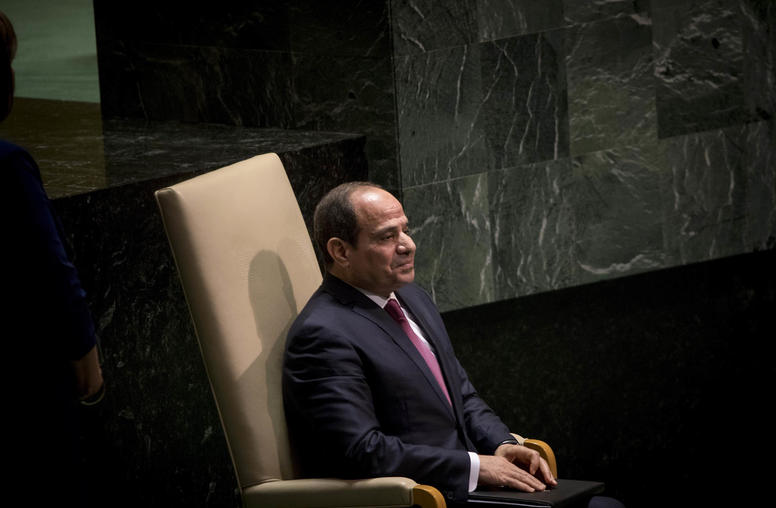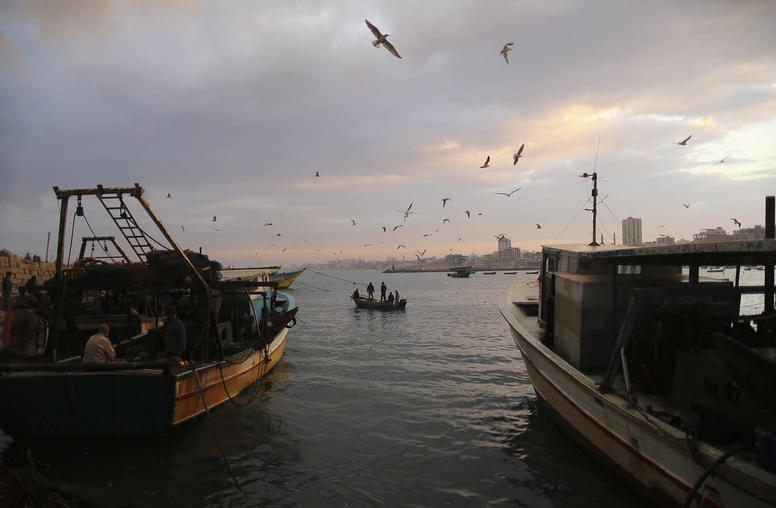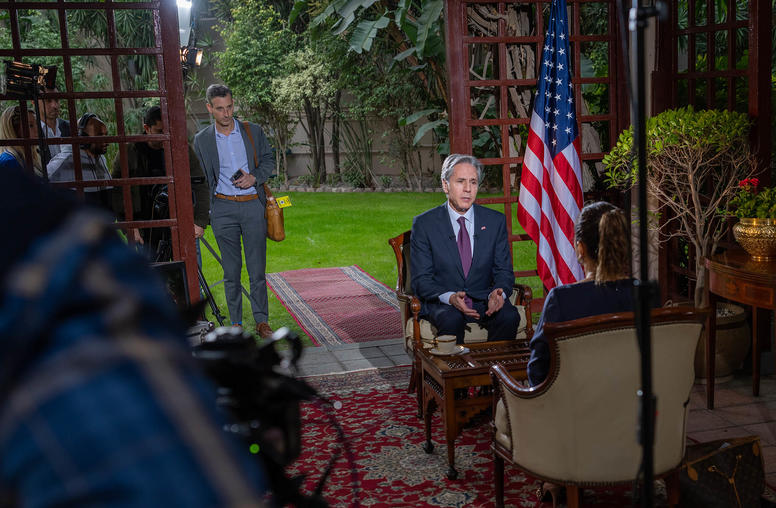Middle East Peace
Anwar Sadat, considered one of the great leaders whose efforts were indispensable in ending war between Egypt and Israel, inspired many. Almost three decades after his passing, a comprehensive resolution to the Middle East conflict remains elusive.
As history shows, leadership is often essential to resolving international conflicts and to triggering change--certainly in the Middle East. Anwar Sadat, considered one of the great leaders whose efforts were indispensable in ending war between Egypt and Israel, inspired many. Almost three decades after his passing, a comprehensive resolution to the Middle East conflict remains elusive.
What will it take to achieve a peace breakthrough, and who will provide the leadership? Distinguished panelists addressed these questions as well as discussed the role of the United States in brokering Middle East peace.
This event celebrated the publication of "The Sadat Lectures: Words and Images on Peace, 1997-2008," edited by Shibley Telhami and published by the United States Institute of Peace Press. The volume is a compilation of speeches by some of the most accomplished practitioners of international relations, including Ezer Weizman, Jimmy Carter, Henry Kissinger, George Mitchell, Nelson Mandela, Kofi Annan, Mary Robinson, James Baker, and Mohamed ElBaradei, with a foreword by Jehan Sadat and conclusion by Aaron David Miller.
Speakers
- Dr. Jehan Sadat
Senior Fellow, University of Maryland - Ellen Laipson
President and CEO, the Henry L. Stimson Center - Aaron David Miller
Public Policy Fellow, Woodrow Wilson International Center for Scholars - William B. Quandt
Edward R. Stettinius Professor of Politics, University of Virginia - Shibley Telhami
Anwar Sadat Professor for Peace and Development, University of Maryland
Non-Resident Senior Fellow, the Saban Center at Brookings - Richard Solomon
President, United States Institute of Peace



